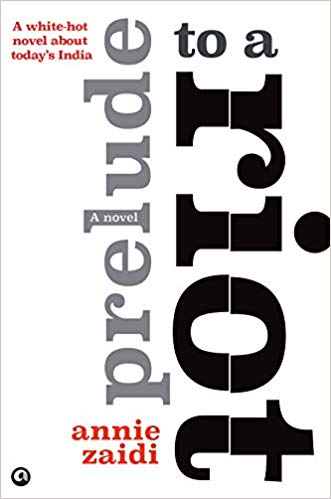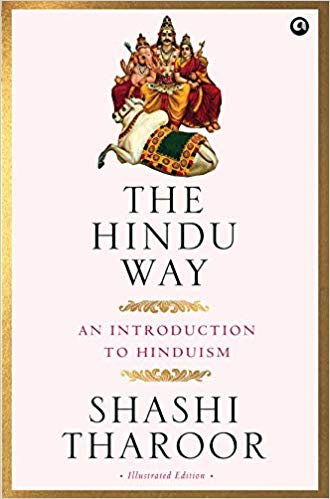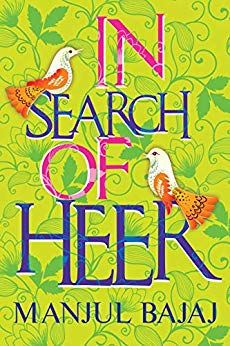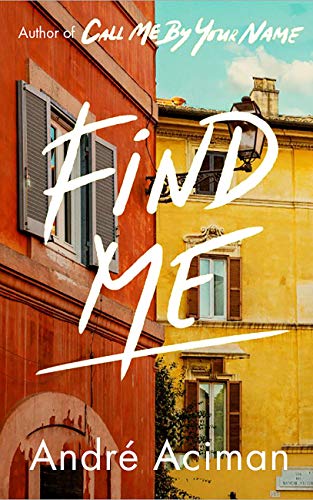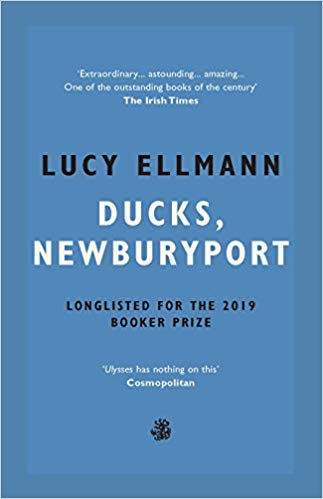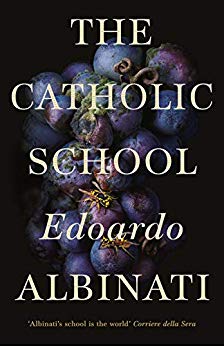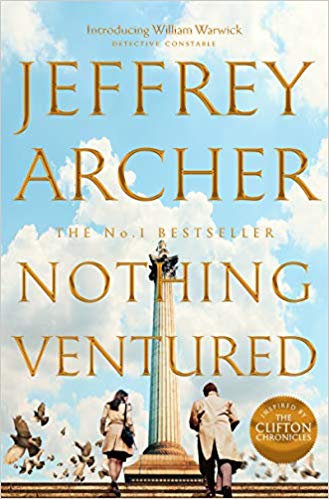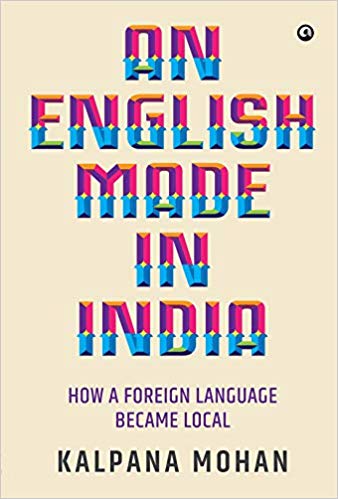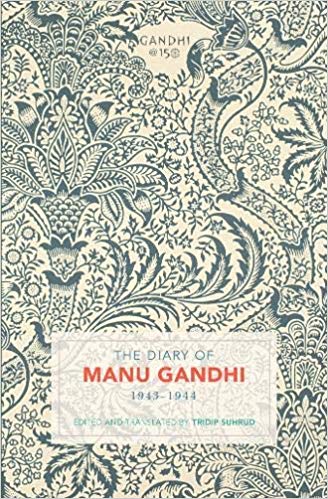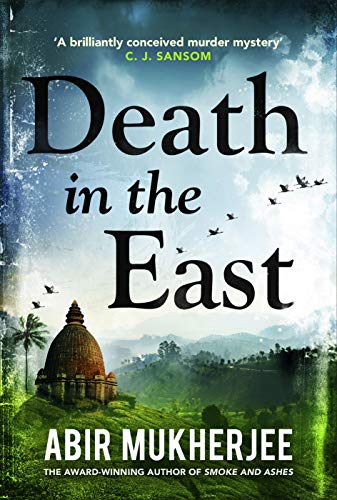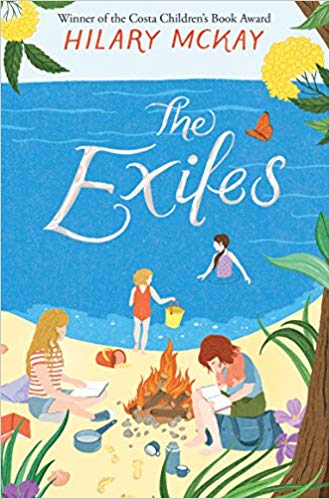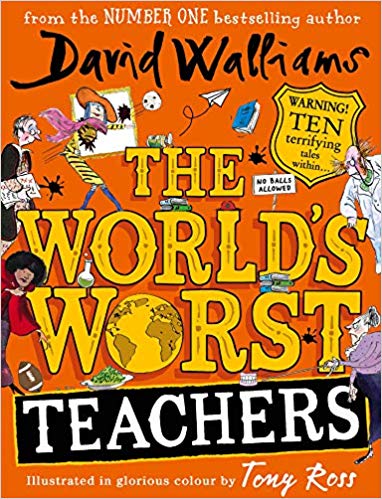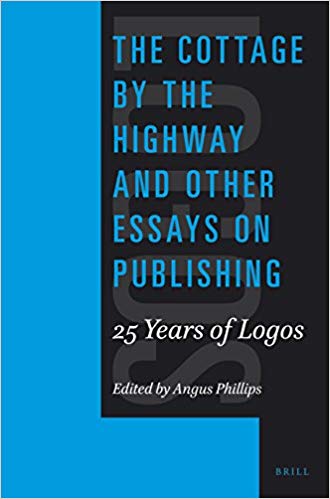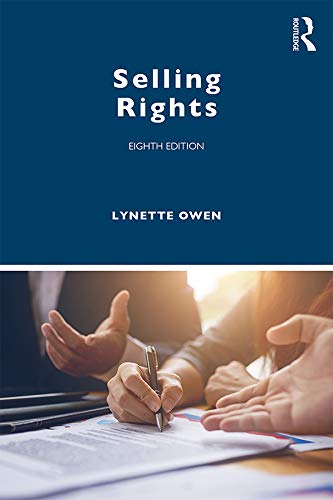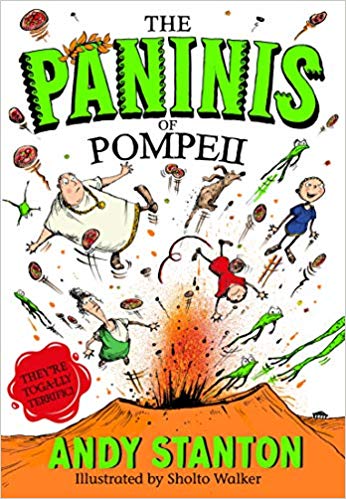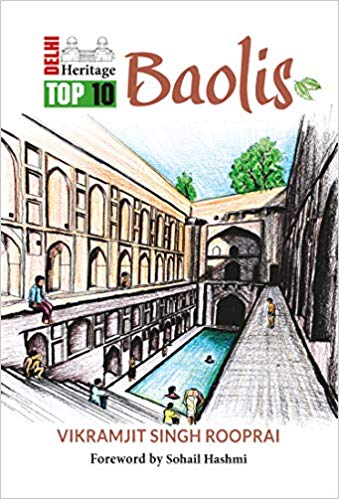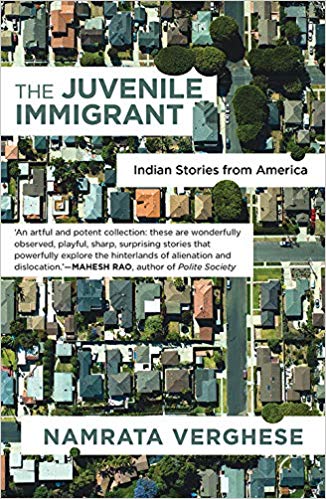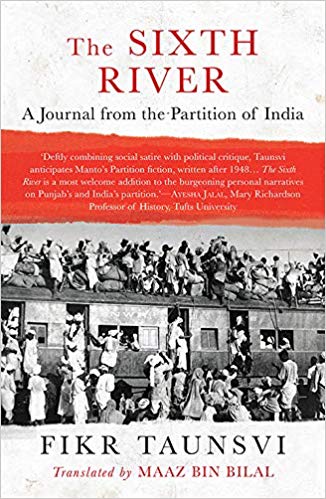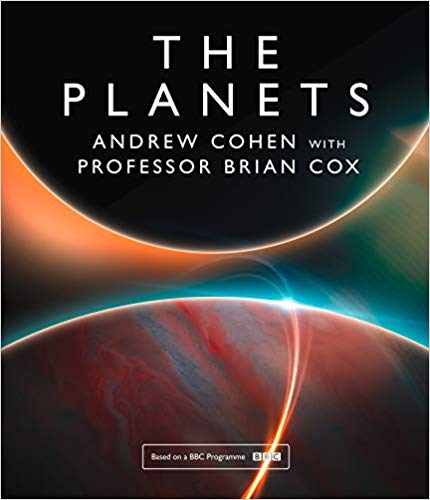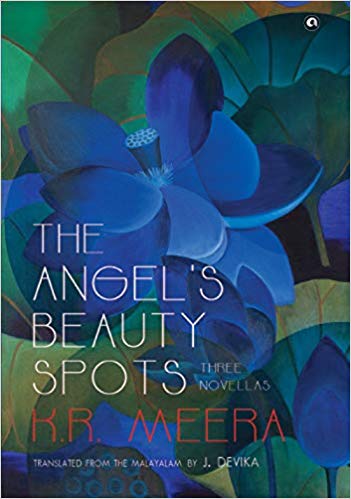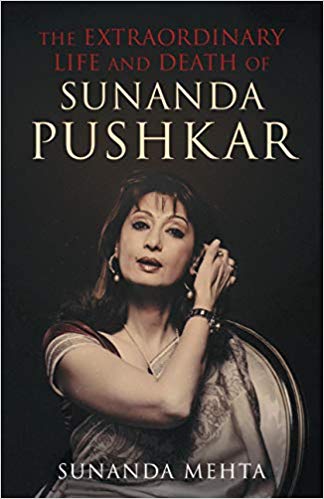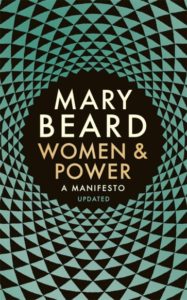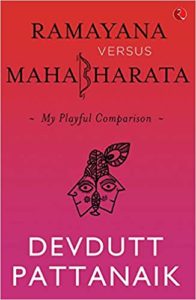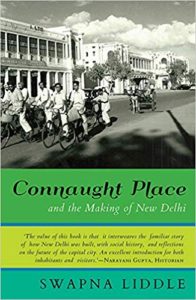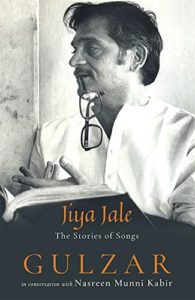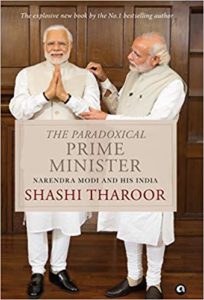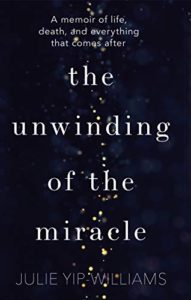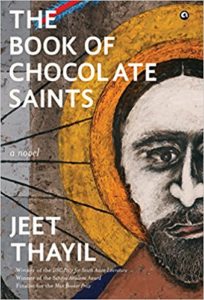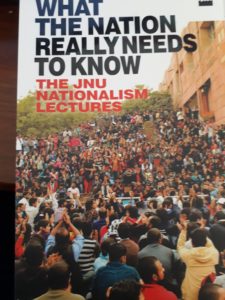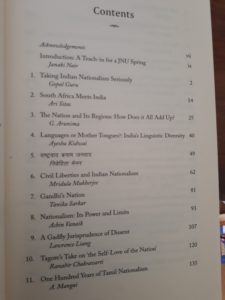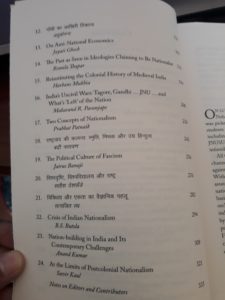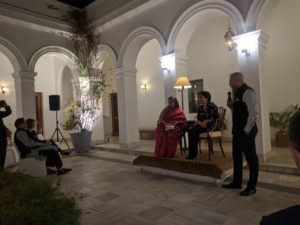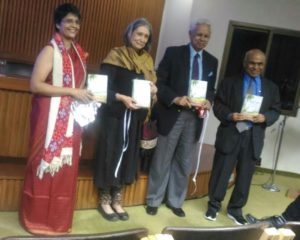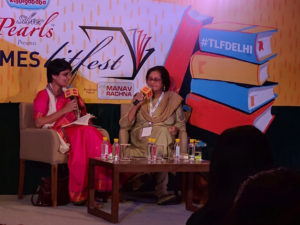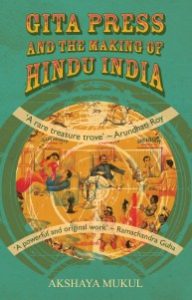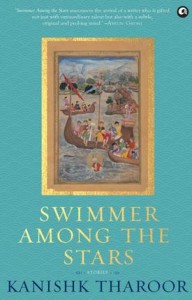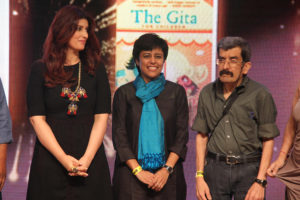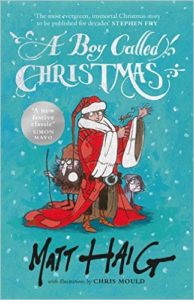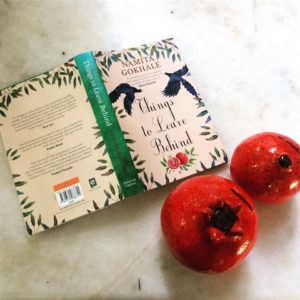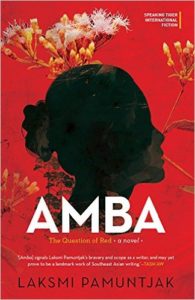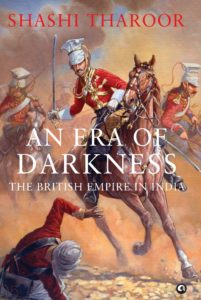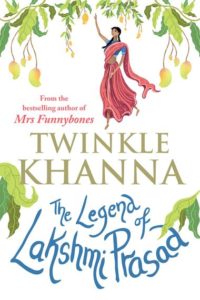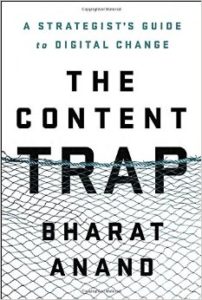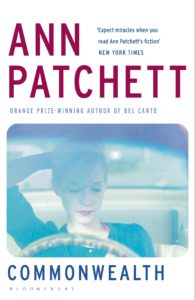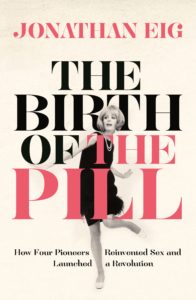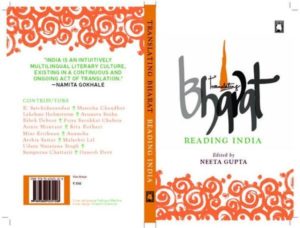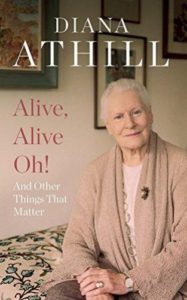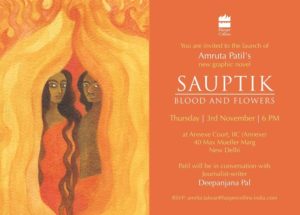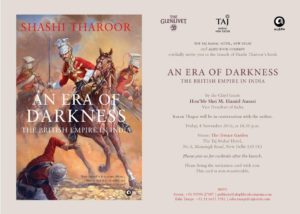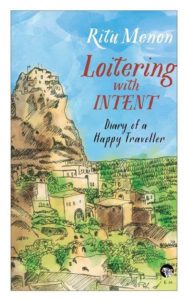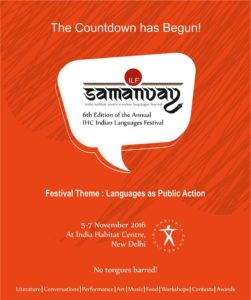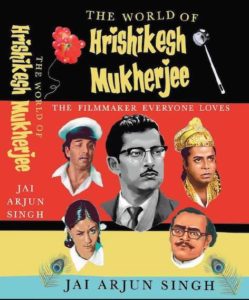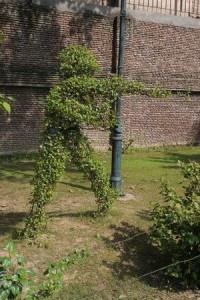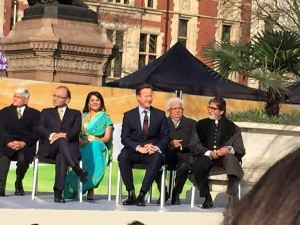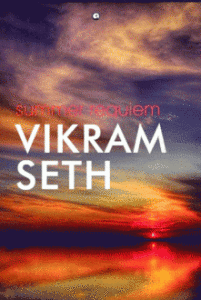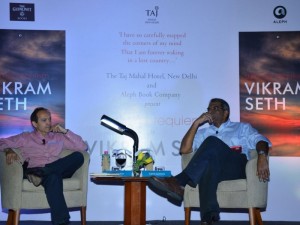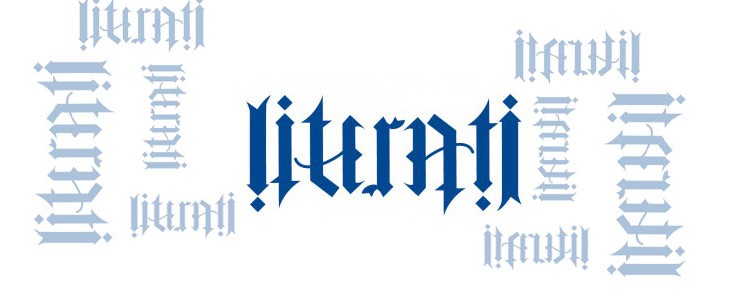“What are the books we are excited about in 2021?”
On 3 January 2021, I wrote about the wonderful books expected to be published in 2021. Here are the original links in the Asian Age and Deccan Chronicle. Given below is the longer version of the article.
****
The Covid-19 pandemic has disrupted innumerable sectors – publishing is no exception. One of the major fallouts has been the front lists where commissioning editors are circumspect about whom to commission and what subjects to explore; it is not said explicitly but it is apparent while scanning 2021 book catalogues that there has been a shift. Tried and tested subjects such as politics, memoir/biographies and narrative non-fiction exist but there is a definite presence of essayists and nature writing. The top 1% of successful literary and commercial fiction authors — internationally and locally—are back with new books. Interestingly there is a large variety of debut authors, from newcomers to well-known nonfiction writers becoming novelists such as Ira Mukhoty Jayal, Krupa Ge and Tavleen Singh. Historical fiction is a robust category with trilogies and quartets being announced by writers like Jerry Pinto and Madhulika Liddle. Surprisingly celebrity publishing and Mind, Body Spirit (MBS) that are constant sellers are not as prominent as they were in the recent past.
During the pandemic, it is a wise decision by publishers to ensure that successful authors constitute a chunk of their front lists. Hence, in non-fiction, there is Shashi Tharoor’s Pride, Prejudice & Punditry: The Essential Shashi Tharoor consists of essays and fiction; Salman Rushdie’s Languages of Truth has newly collected, revised and expanded non-fiction from the past two decades, many of which have never been published before; Ruskin Bond’s It’s a Wonderful Life: Roads to Happiness that calls for small joys to be found in everyday living even in times of extreme stress; A Functioning Anarchy (Eds. Srinath Raghavan and Nandini Sundar) a collection of essays by world-renowned historians, lawyers, scientists and journalists sparked by Ramachandra Guha’s work; Nayantara Sahgal’s The Unmaking of India: Articles and Speeches & Encounter with Kiran contains articles, talks, essays that discuss the “unmaking” of India, where freedom, liberty and equality are replaced by religious bigotry, communal politics, a ‘’tame’’ media and all the accompanying dangers of majoritarian rule and Eric Hobsbawm’s On Nationalism that is considered to be an insightful and enlightening collection of the historian’s writing on the subject of nationalism.
Non-fiction sells consistently especially on politics, history, business, self-help, memoirs/biographies etc. Some of the exciting titles scheduled are historian Upinder Singh’s Ancient India: Culture of Contradictions ; Amit Varma’s podcasts converted into four books, collectively known as The Seen and the Unseen; Amitav Ghosh’s The Nutmeg’s Curse: A Parable for a Planet is about conquest and exploitation and geopolitical hierarchy; Manu Pillai’s The World of Raja Ravi Varma: Princes and Patrons describes the portraits of the Maharajahs stood up to the Raj and developed visions of modernity that were deeply Indian in nature, and women who defied norms as well as colonial expectations; City of Gated Walls: The Map of Shahajahanabad by Swapna Liddle is a reproduction of that map created in Bahadur Shah Zafar’s time by a mapmaker, working in 1846, who painstakingly depicted important buildings, streets, and landmarks, providing a wealth of information about the city as it had evolved up to that time. In Search of the Divine: Living Practices of Sufism in India by Rana Safvi, is a unique treatise on the core of Sufi beliefs. Some others that are eagerly awaited include 1946: The Indian Naval Uprising that Shook the Empire by Pramod Kapoor; The Gujaratis: A Portrait of a Community by Salil Tripathi; Congress Radio by Usha Thakkar about the establishment of the underground radio by Usha Mehta during the Quit India Movement; Aparna Vaidik’s Revolutionaries on Trial: Sedition, Betrayal, and Martyrdom uses a variety of sources to reconstruct a dramatic period in India’s struggle for Independence; and Angellica Aribam and Akash Satyawali’s The Fifteen: The Women Who Shaped the Constitution of India. Rupa Gupta and Gautam Gupta’s Lifting the Veil from India’s Past is about the Archaeological Survey of India. In Language of Remembering: Generational Memories of the Partition, Aanchal Malhotra shifts attention to the post-memory generation – how the generations that have not witnessed Partition engage with its history. Yashaswini Chandra The Tale of the Horse: A History of India on Horseback is a tale of migration and permanent intermingling whereas Winged Stallions and Wicked Mares: The Horse in Indian Myth and History by Wendy Doniger examines the horse’s significance throughout Indian history and culture even though the animal is not indigenous to India. Voices from the Lost Horizon is a collection of a number of folk tales and songs of the Great Andamanese that represent the first-ever collection rendered to Prof. Anvita Abbi and her team by the Great Andamanese people in local settings. The compilation comes with audio and video recordings of the stories and songs to retain the originality and orality of the narratives. In Fellowship of Rivals by Manjit Kumar that tells the story of the first great Scientific Revolution, and how a small group of individuals – including Isaac Newton, Robert Hooke and Christopher Wren – produced an explosion of knowledge unrivalled in the history of western civilisation. Pranay Lal’s Virus is a deep dive into its origin and evolution and his The Cretaceous is meant for younger readers. Anjana Chattopadhyay discusses Women Scientists in India: Lives, Struggles and Achievements.
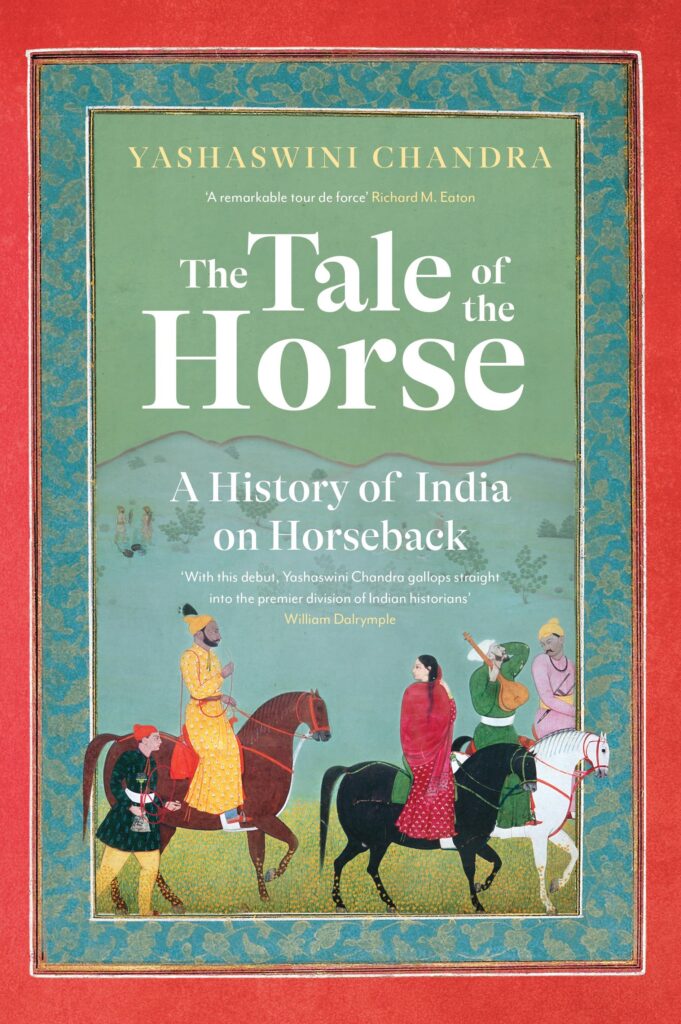
Militant Piety and Lines of Control: The Lethal Literature of the Lashkar-e-Taiba edited by C. Christine Fair and translated by Safina Ustaad is the first scholarly effort to curate a sample of LeT’s Urdu-language publications and then translate them into English for the scholarly community studying this group and related organizations. The Muslim Problem by Tawseef Khan gets to the heart of Islamophobia and is a compelling mix of journalistic investigation, historical analysis and memoir, full of research and interviews. Tawseef Khan is a solicitor specialising in Immigration and Asylum Law and a human rights activist. In Project 39 are deeply personal stories that emerged from interviews conducted with death-row prisoners and their families. These were collected by Jahnavi Mishra and Project 39A, a research and litigation centre based out of National Law University, Delhi. is awaited as is India’s First Dictatorship: The Emergency, 1975-77 by Christophe Jaffrelot and Pratinav Anil that draws upon a trove of new sources. From the bestselling military historian, Shiv Kunal Verma’s 1965: A Western Sunrise is the definitive account of the 1965 war between India and Pakistan. Meanwhile Samira Shackle’s debut Karachi Vice is considered to be a fast-paced journey around Karachi in the company of those who know the city inside out. Some others that are expected: When the Mask Came off: A People’s History of Cruelty and Compassion in Times of Covid19 Lockdown, edited by Harsh Mander, Natasha Badhwar and Anirban Bhattacharya; Jana Gana Mana by musician-activist T.M. Krishna who through the idea of ‘national symbols’, examines the idea of citizenship and belonging, while also investigating and problematising the symbol itself. Graphic narratives such as Azaadi: A Biography of Bhagat Singh by Ikroop Sandhu; Shaheen Bagh: A Graphic Book by Ita Mehrotra and Incantations over Water by Sharanya Manivannan.
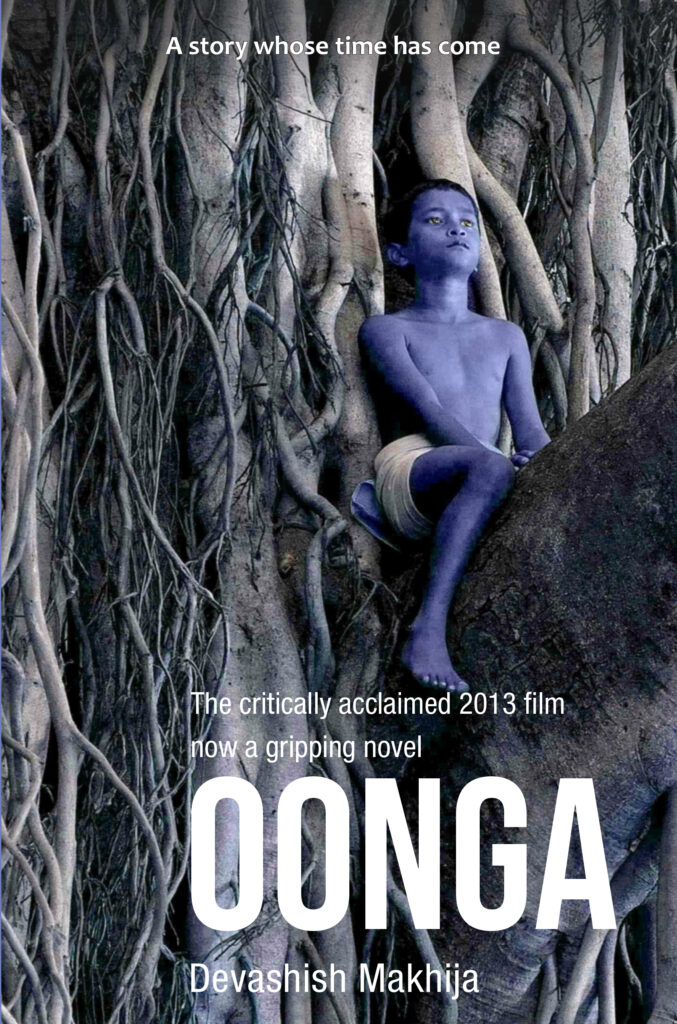
Nature writing is proving to be a well-defined genre as well. The titles to look out for are The Bera Bond which is about Sundeep Bhutoria’s startling discovery of a little-known leopard colony in the forests of Rajasthan where the big cats live harmoniously with humans. The Braided River: A Journey Along the Brahmaputra, journalist Samrat Choudhury sets out to follow the river’s braided course from the edge of Tibet where it enters India down to where it meets the Ganga at a spot marked by the biggest red-light district in Bangladesh. Award-winning wildlife conservationistNeha Sinha’s Wild and Wilful is about fifteen iconic Indian species in need of conservation and heart. Earth’s Incredible Oceans by Dorling Kindersley is a must-have encyclopaedia. Waiting for Turtles by Pankaj Sekhsaria, illustrated by Vipin Sketchplore is a gorgeous picture book sensitising children to the urgency to save turtles. Scientist-cum-author Sukanya Datta’s Animal Architects is about the homes that animals build and are in themselves architectural wonders. The Heartbeat of Trees by Peter Wollehben (translated by Jane Billinghurst), reveals the profound interactions humans can have with nature, exploring the language of the forest and the consciousness of plants. Worryingly climate change can wreak havoc to these ecosystems. Hence the relevance of environmental activist Vandana Shiva and Shreya Jani Slow Living: What You Can Do About Climate Change. Bill Gates too has a forthcoming book on How to Avoid a Climate Disaster.
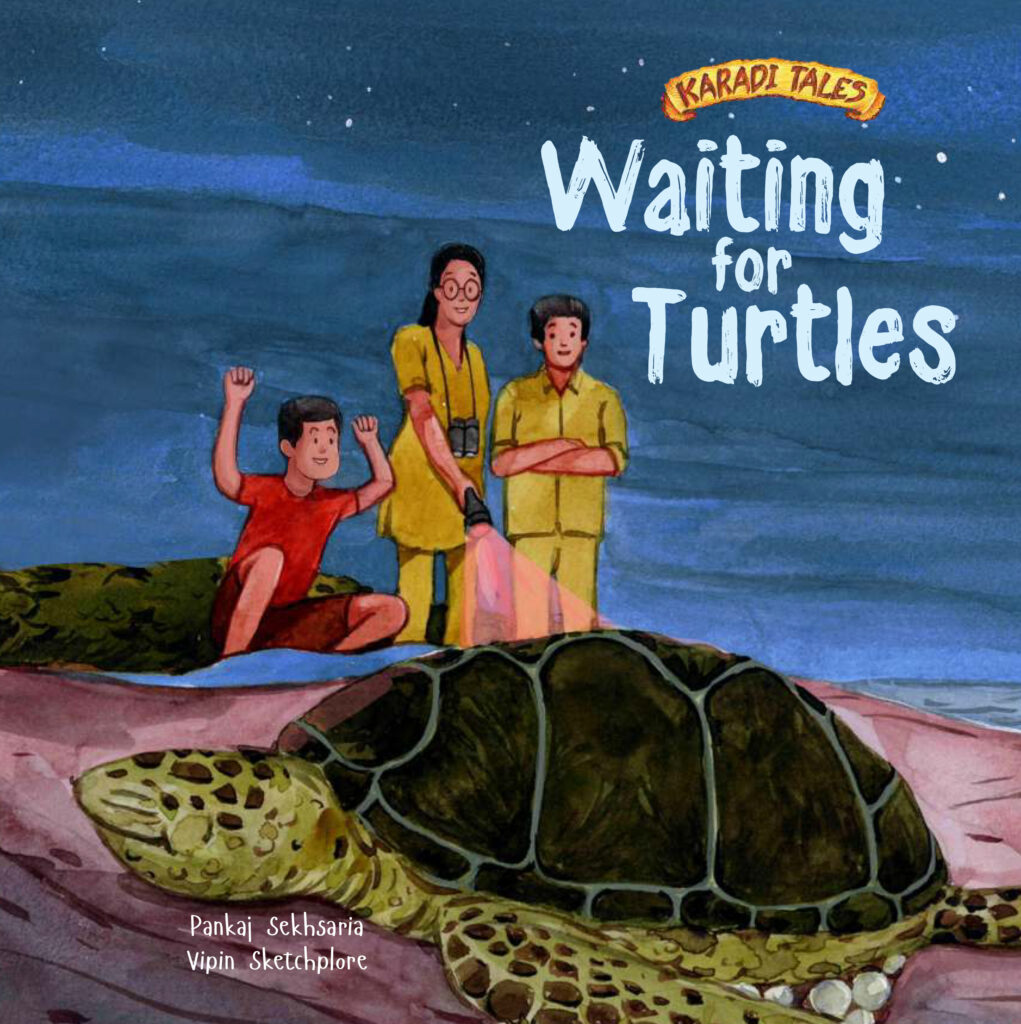
Memoirs have always proven to be popular. Some of the prominent ones are MK Gandhi’s Restless as Mercury: My Life as a Young Man; the celebrated Hindi writer Swadesh Deepak I Haven’t Seen Mandu, translated by Jerry Pinto is a most revealing and powerful first-person accounts of mental illness; Feisal Alkazi’s Enter Stage Right: The Alkazi / Padamsee Family Memoir; Gulzar’s Actually… I Met Them: A Memoir, Vir Sanghvi by journalist Vir Sanghvi; Bollywood actors Neena Gupta, Deepti Naval and Priyanka Chopra Jonas have written Sach Kahun Toh, A Country Called Childhood: A Memoir and Unfinished: A Memoir respectively but the big one will be Hollywood actress Sharon Stone’s The Beauty of Living Twice; screenwriter Nikesh Shukla’s Brown Baby explores themes of racism, feminism, parenting and our shifting ideas of home; publisher Ritu Menon’s ADDRESS BOOK: A Publishing Memoir in the Time of COVID; Kobad Ghandy’s Fractured Freedom: A Prison Memoir gives an insight into his decade-long journey of arrests and time in prisons across India; Dead Men Tell Tales by forensics expert Dr B. Umadathan (translated from Malayalam by Priya K. Nair) is the riveting memoir of Sherlock Holmes of Kerala. Former cricketer and commentator and current head coach of the Indian national cricket team Ravi Shastri’s memoir written with Ayaz Memon.
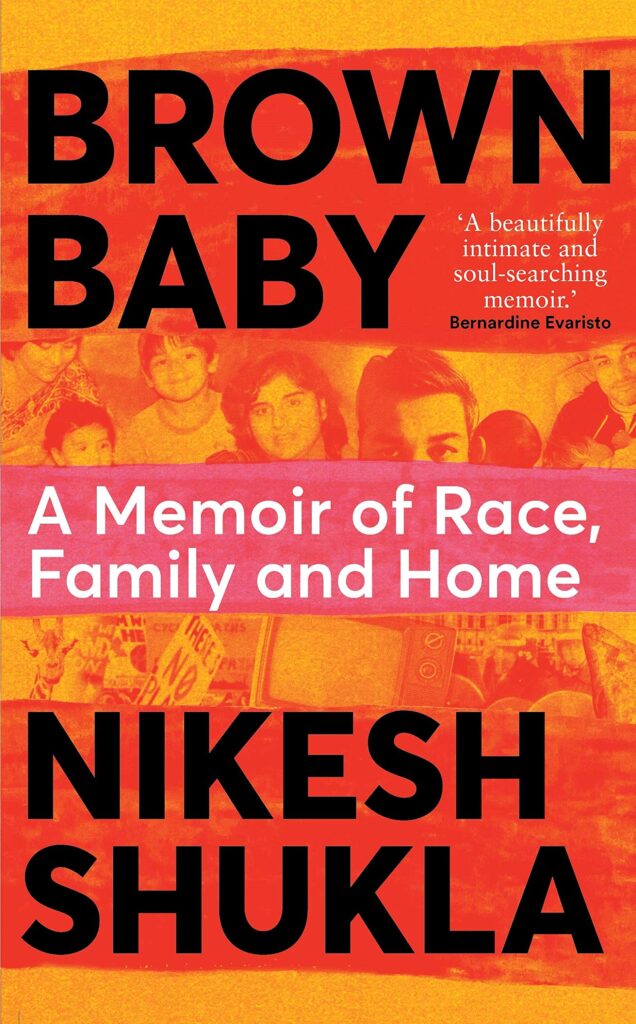
Biographies whether authoritative or not are hugely popular such as Yasser Usman’s Guru Dutt: An Unfinished Story; Kaveree Bamzai’s The Three Khans about Aamir Khan, Salman Khan and Shah Rukh Khan; Gautam Chintamani Vinod Khanna: A Biography; Zohra! – A Biography in Four Acts by Ritu Menon about thespian Zohra Sehgal; Francis Wilson’s biography of DH Lawrence called Burning Man; Adi Prakash’s Umar Khalid: Beyond the Anti-national is the story of Umar Khalid is the story of media fairness and it is the story of student politics and of growing up Muslim in India. Also expected are the Hindi writer and the first real standard-bearer of the Nayi Kahani movement Nirmal Verma: A Biography by Vineet Gill and The Master: The Brilliant Career of Roger Federer by Christopher Clarey.
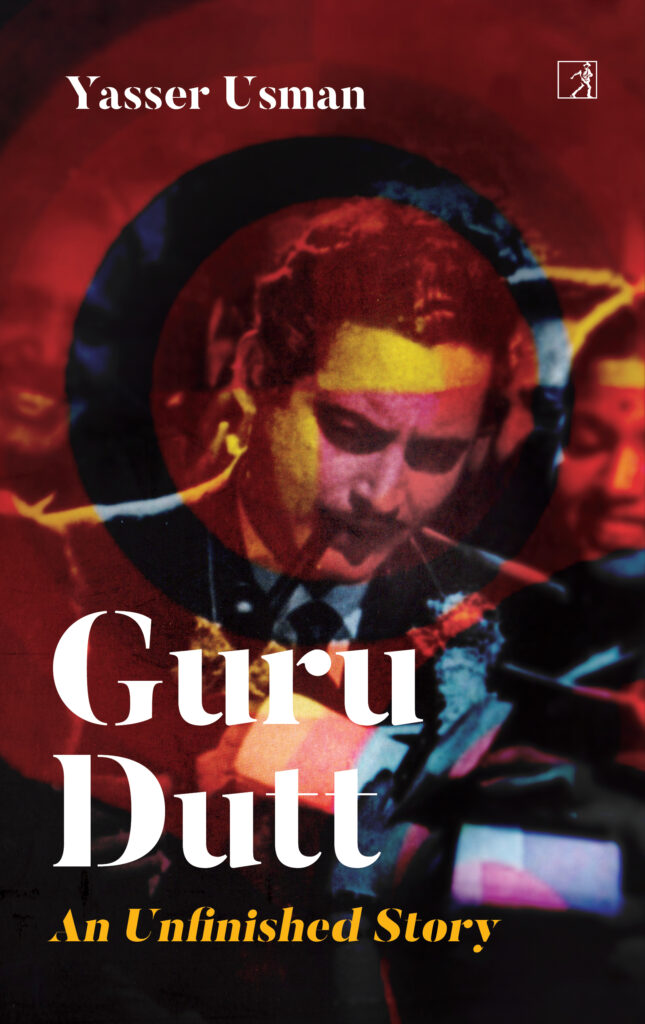
Business books are another category of nonfiction books that sell perennially. Investigative journalist Josy Joseph’s The Business of Terror explores the militancy theatre as a flourishing, multi-faceted business enterprise in India where most of its actors are beneficiaries of it. Technology journalist Jayadevan P.K. writes about Xiaomi: How a Start-up Disrupted the Market and Created a Cult Following that in less than a decade, has gone from being a Chinese start-up to a global player in the smartphone market. Munaf Kapadia with Zahabia Rajkotwala writes in How I Quit Google to Sell Samosas: Adventures with the Bohri Kitchen how he had grown a weekend pop-up at his Cuffe Parade home—The Bohri Kitchen—into an F&B start-up with a Rs 4 crore turnover, and was catering to Bombay’s biggest celebrities. Liftoff: Elon Musk and the Desperate Early Days That Launched by Eric Berger is the dramatic inside story of the first four historic flights that launched SpaceX—and Elon Musk—from a shaky startup into the world’s leading edge rocket company. Tata: The Global Corporation That Built Indian Capitalism by Mircea Raianu is a eye-opening portrait of global capitalism spanning 150 years, told through the history of the Tata corporation. Forgotten Brands: Fresh Marketing Lessons by Ramya Ramamurthy is about colonial Indian brands (both home-grown and foreign) were produced, distributed and marketed between 1847 and 1947. Finally, House of Pain by Patrick Radden Keefe is the story of the Sackler Dynasty, Purdue Pharma, and their involvement in the opiod crisis that has created millions of addicts, even as it generated billions of dollars in profit.
Another popular nonfiction category are cookery books. So, it is no surprise then that practically every publisher has at least one book in the pipeline. Beginning with Sunita Kohli who has collected recipes from celebrities in From the Tables of My Friends; Winner of Nobel Prize in Economics (2019) Abhijit Banerjee’s cookbook; History Dishtory: Adventures and Recipes from the Past by Ranjini Rao and Ruchira Ramanujam and Indian Street food by Rocky Singh and Mayur Sharma. Chitrita Banerji’s A Taste of My Life is both the story of life as an immigrant food writer as well as a story of immigration, belonging, nostalgia, and history, through the lens of food. Rasa: The Story of India in 100 dishes by Shubhra Chatterji is a culinary history of India and the intersection of culture and cuisine told in the most enthralling stories behind a hundred dishes.
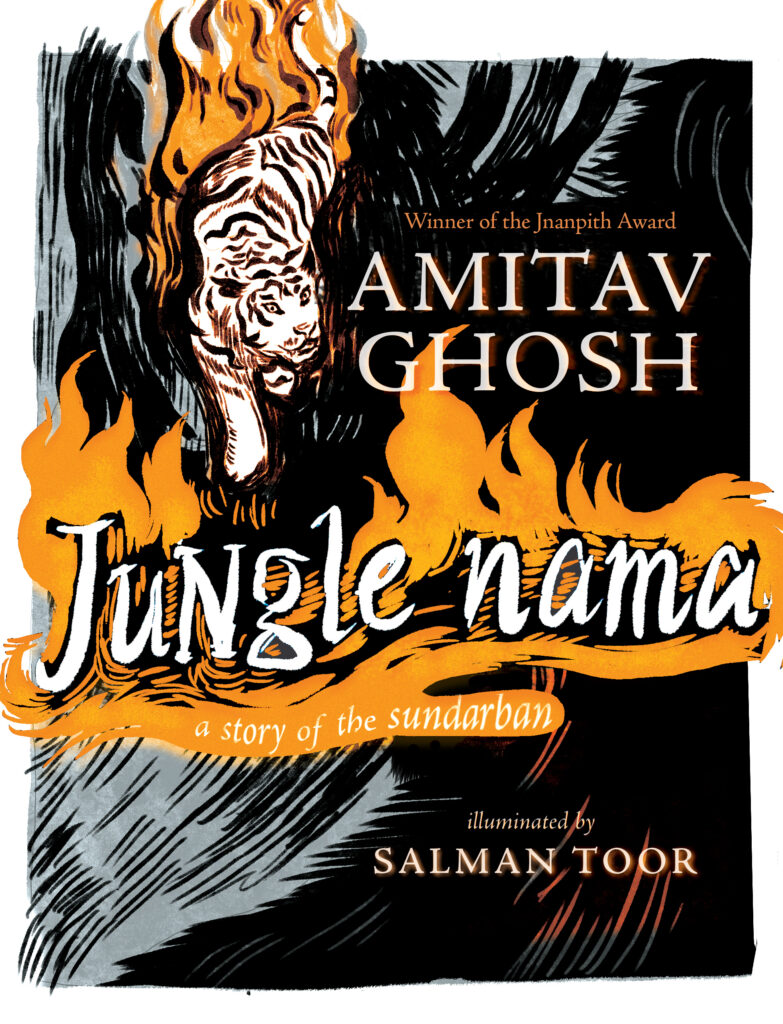
Across the board, literary fiction stalwarts return in 2021 with promising new stories. Chitra Bannerjee Divakurni’s novel The Last Queen is an exquisite love story about Maharaja Ranjit’s Singh’s last queen, a commoner, Jindan Kaur; Amitav Ghosh’s Jungle Nama: A Story of the Sundarban, a verse adaptation of the timeless legend of Bon Bibi and Dokkhin Rai that also evokes the wonder of the Sundarban through its poetry, accompanied by stunning artwork by the renowned artist Salman Toor. Asoca by I. Allan Sealy is an imagined memoir of Ashoka The Great; Hussain S. Zaidi’s The Black Orphan centres on Asiya, Osama Bin Laden’s protégé and foster daughter; Anuja Chauhan returns with a grisly titled Club You to Death as does Padma Shri Temsula Ao with six short stories in The Tombstone in My Garden; writers of young adult fiction like Deepa Agarwal’s Kashmir! Kashmir! and Paro Anand’s short stories Unmasked based on the challenges faced by migrants during the lockdown. Annie Zaidi’s novel, One of Them is about people who live on the margins of a big city, and Amitava Kumar A Time Outside This Time is about fake news, memory, and how truth gives way to fiction. The Loves of Yuri by Jerry Pinto is a funny, heart breaking, unforgettable novel about friendship and first loves and the great city of Bombay. Set in the 1980s, this is the first in a trilogy of novels that trace the emotional and intellectual journey of the protagonist, Yuri, from early adolescence to late youth. Nobel Prize winnersKazuo Ishiguro and Orhan Pamuk’s novels Klara And The Sun and Nights of Plague, respectively are hugely anticipated as is the mind bending new collection of short stories First Person Singular by Haruki Murakami. Pulitzer Prize-winners Jhumpa Lahiri, Viet Thanh Nguyen and Colson Whitehead’s novels are called Whereabouts, The Committed and Harlem Shuffle. This is the first novel Lahiri has written in Italian and translated into English. Tahmima Anam’s, already much-talked-about, The Start-Up Wife is considered gripping, witty and razor-sharp, a blistering novel about dreaming big, speaking up and fighting to be where you belong. Second-time novelists who had glittering starts to their literary careers like Anuk Arudpragasam, Sunjeev Sahota and Elizabeth Macneal return with In Search of the Distance, China Room, and Carnival of Wonder respectively.
The debut writers making their mark are Maithreyi Kapoor Sylvia’s Distant Avuncular Ends by experimenting with the form of a novel. Poet Kynpham Sing Nongkynrih’s novel Funeral Nights, where the absurd and the sublime all freely mix,is a history of the Khasis. Krupa Ge’s One Hundred Autumns is set in an era of strict Brahmanical orthodoxy and social mores that sought to bind all women into submission and against the backdrop of the Dravidian movement. Ira Mukhoty Jayal’s Song of Draupadi is a vivid and imaginative novel revolving around the epic figure of Draupadi. Raza Mir’s Murder at the Mushaira: A Novel is a cracking murder mystery & literary novel. Filmmaker Devashish Makhija’s Oonga, a powerful novel that transitions from a film and sits deep in the clash between adivasis, naxalites, the CRPF and a rapacious mining company; Simran Dhir’s Best Intentions, centred on two families in Delhi; Fahad Shah’s The Unnamed, a searing novel set in Kashmir; and Bollywood insider Mushtaq Sheikh’s sizzling Bollywood Biwis. Some of the others to watch out for are Rucha Chitrodia It’s also about Mynah, Zakiya Dalila Harris’s The Other Black Girl, Rijula Das’s A Death in Shonagachhi,journalists Anindita Ghose’s The Illuminated: A Novel and Tavleen Singh’s Everything Breaks.
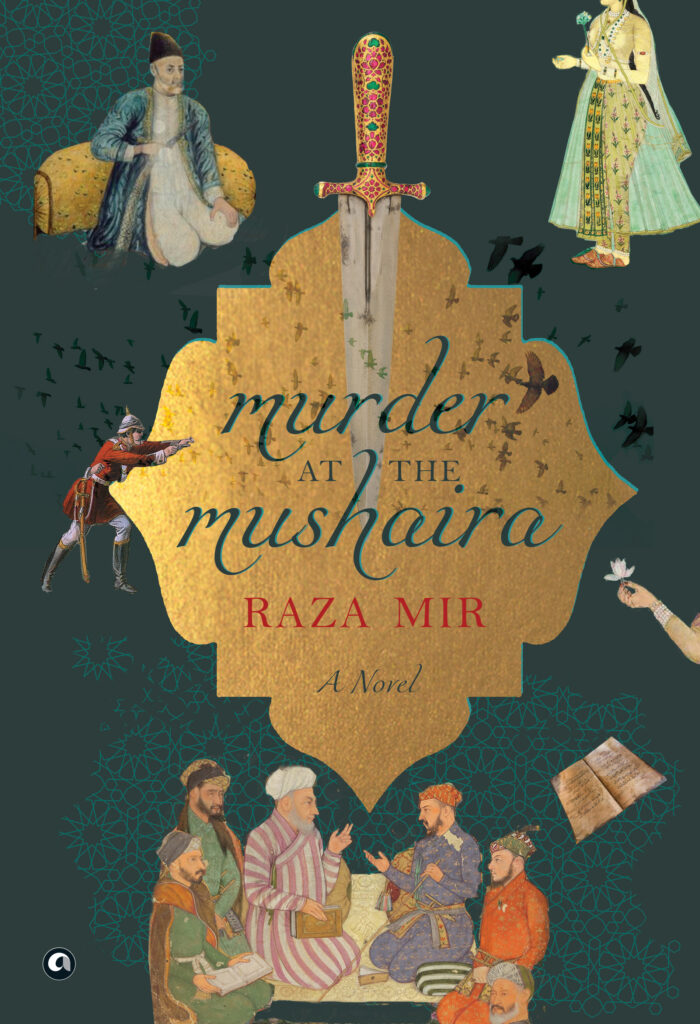
Historical fiction is a well-defined niche with The Grand Anicut by Veena Muthuraman, set in Southern India, first century, with the Pandyas conquered, the Cheras all but vanquished, and the attention of the king of the north fixed on other lands, Tamilakam flourishes under Chola rule. The first book of Madhulika Liddle’s Delhi quartet — The Garden of Heaven is planned. It is a story playing out against a backdrop of Delhi, stretching from the end of the twelfth century (when Delhi first came under the rule of Sultans) till 1947. Shubendra’s Sultan: The Legend of Hyder Ali, set in the eighteenth century, is the astonishing tale of an ordinary boy from Mysore who became one of the greatest rulers of India. Tarana Khan’s The Begum and the Dastan although set in the late nineteenth century, in the fictional town of Sherpur, is a work based on real events. A despotic Nawab abducts a married woman, Feroza, and marries her against her wishes. Feroza must now negotiate her new life in the zenana with the other wives and concubines of the Nawab. Digonta Bordoloi’s Second World War Sandwich is a thrilling action-packed novel set in Nagaland during the Second World War, when the Nagas resisted the incursion of the Japanese troops into Northeast India. The Paris Library by Janet Skeslien Charles is inspired by the true story of the librarians who risked their lives during the Nazis’ war on words. Melody Razak’s Moth is a heart-rending story of a Brahmin family living in 1940s Delhi during India’s Independence and subsequent Partition. A Net for Small Fishes by Lucy Jago, explores the twisting corridors of power and with the friendship of two women at its heart, it is an exhilarating dive into the pitch-dark waters of the Jacobean court.
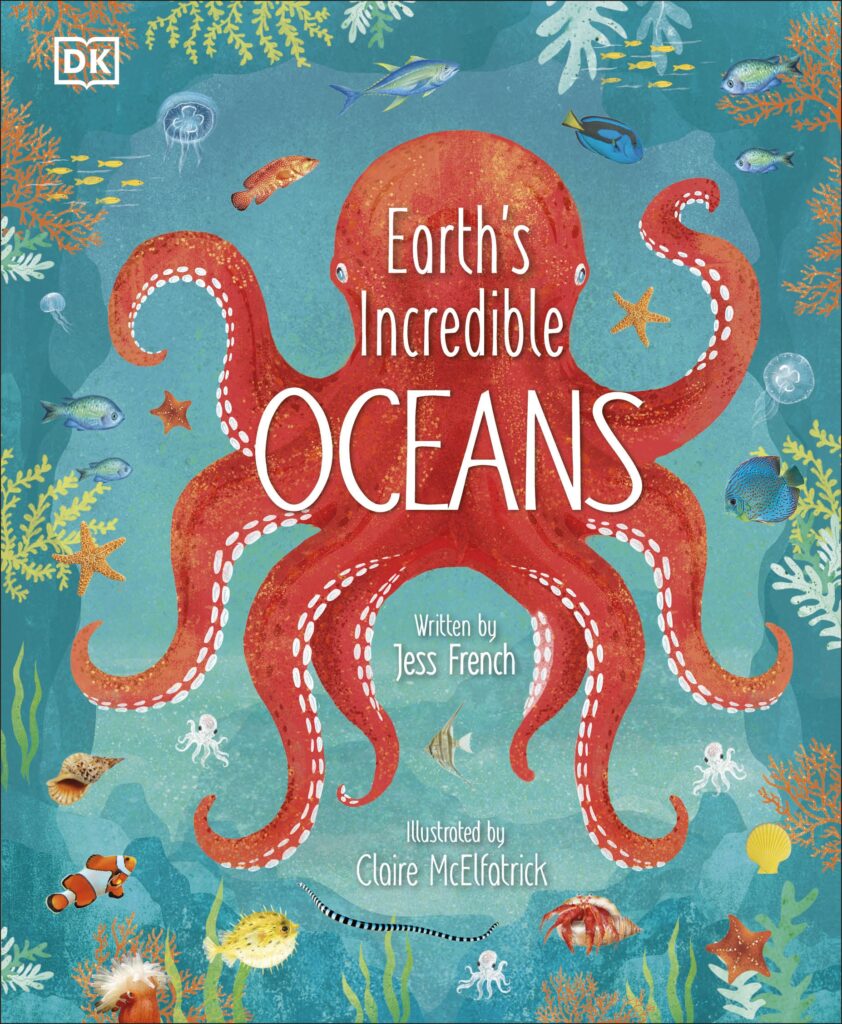
Some of the noteworthy translations expected are Ambai’s short stories A Red-Necked Green Bird, translated from Tamil by GJV Prasad; the Bengali classic, Manada Devi’s An Educated Woman in Prostitution: A Memoir of Lust, Exploitation, Deceit (Calcutta,1929), translated by Arunava Sinha; Amrita Pritam’s Pinjar or The Cage, translated from Punjabi by Rita Banerji, was written in 1950, and was the very first to approach Partition and its aftermath through the eyes of a woman; Kaajal Oza Vaidya’s Krishnayan, gives glimpses into Krishna’s last moments on earth, translated from Gujarati by Subha Pande and The Last Gathering: A vivid portrait of life in the Red Fort by Munshi Faizuddin, translated by Ather Farooqui. It was first published in 1885, Bazm-i Aakhir, or The Last Assembly and is a rich and lively account of life in the royal court of the last Mughal emperor in Red Fort, Bahadur Shah Zafar.
So many frills, thrills and spills! Reading good literature will help survive this pandemic.
3 Jan 2021


